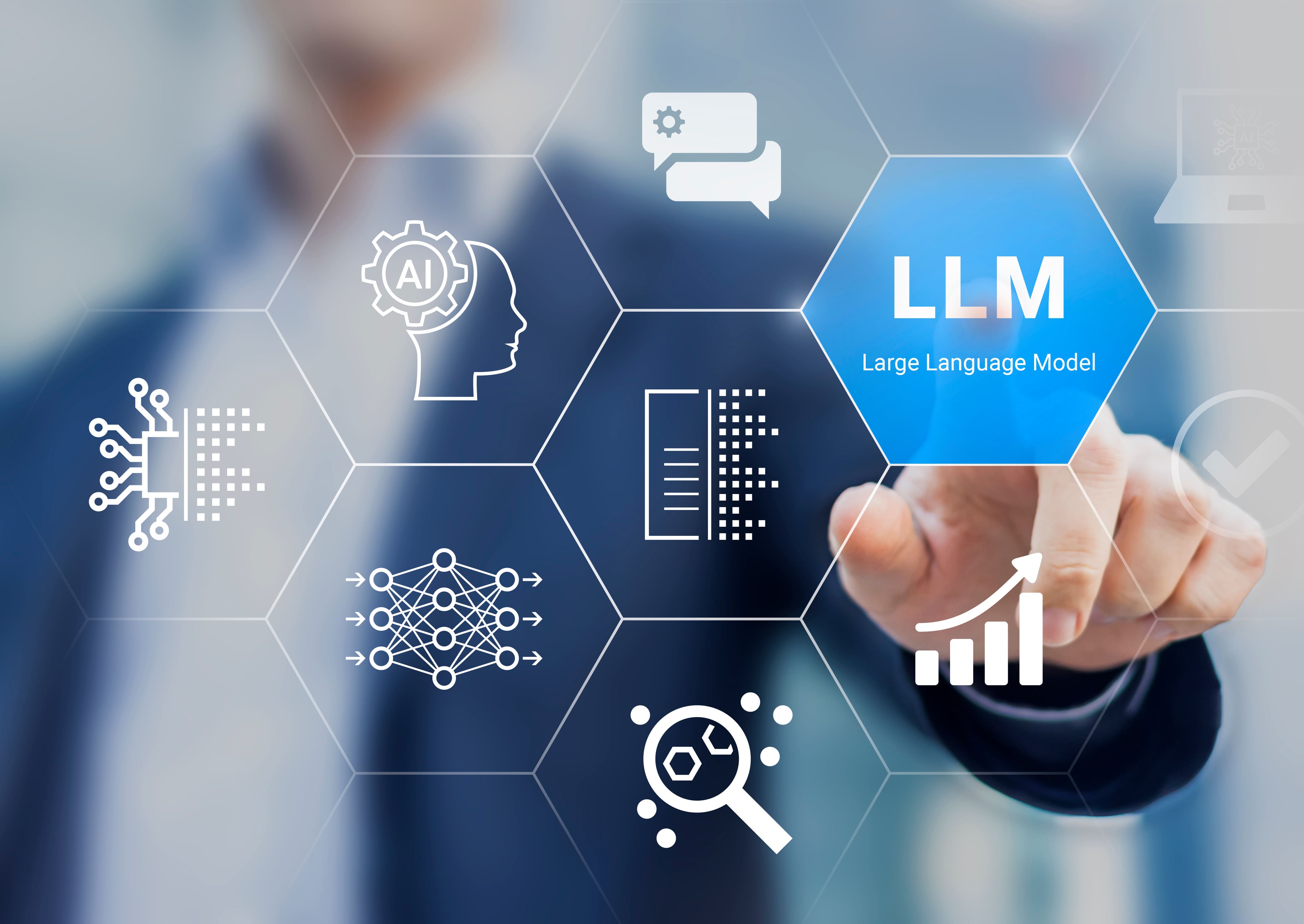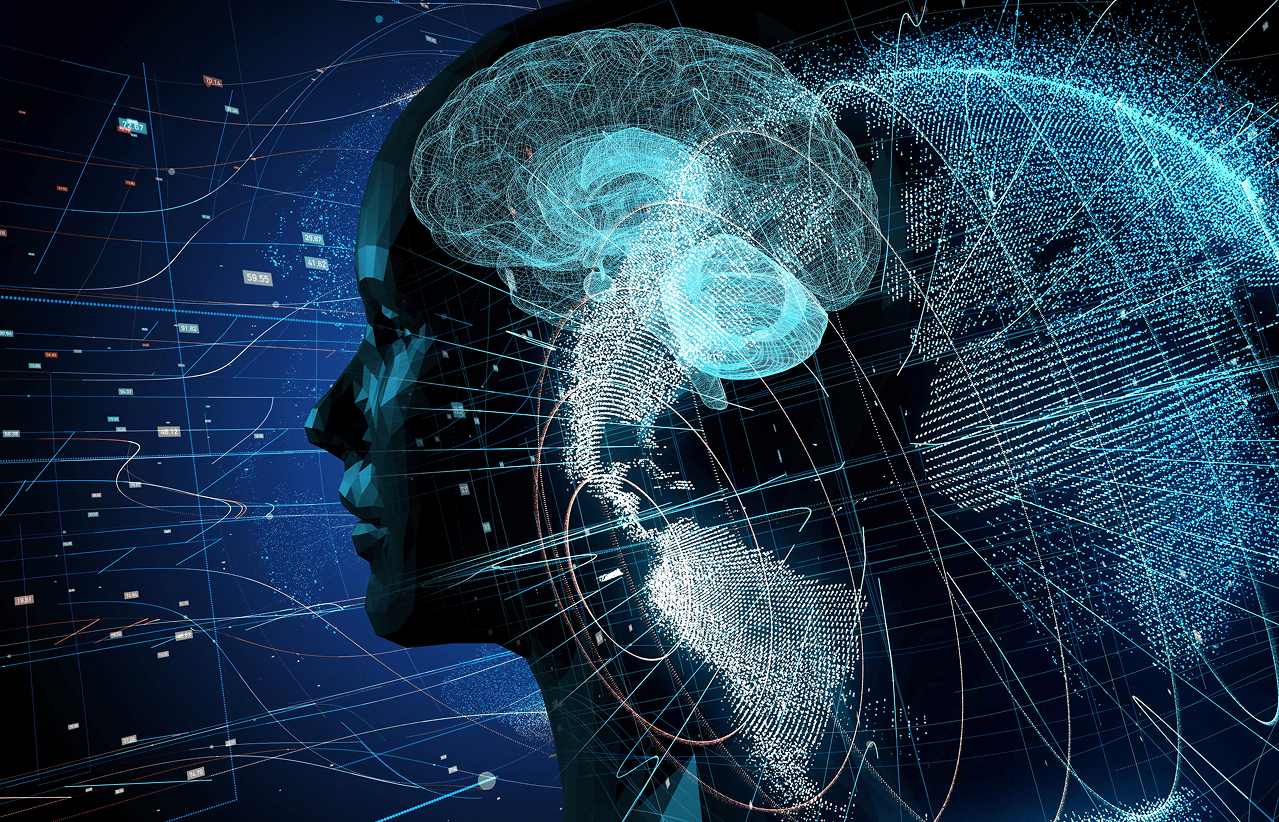 Generative AI Large Language Foundation Models for Mental Health
Generative AI Large Language Foundation Models for Mental Health
Large Language Foundation models, such as GPT-4, have revolutionized various fields with their broad applicability. Training these models on domain-specific data, significantly enhances their accuracy, relevance, and user trust. Foundation models trained on mental health-specific multimodal data could transform mental health care by significantly enhancing applications for virtual therapy, early screening and diagnosis, and tailored patient education. Benefits include improved accessibility, constant availability, anonymity, and cost-effectiveness.
The GCAIMH is focused on exploring these applications while addressing challenges around ethical concerns and bias mitigation. Multidisciplinary teams of GCAIMH researchers and clinicians are leveraging Generative AI foundation models in three initiatives that aim to improve: 1) palliative care for cancer patients, 2) interventions for autism spectrum disorders, and 3) psychological first aid in crisis. The latter involves integrating data from scientific papers on mental health interventions, clinical trials data, electronic health records, public health databases and real-time intervention data, to train a comprehensive and robust large language foundation model for psychological first aid. This will power multiple applications, such as virtual remote therapy and a mental health expert chatbot, that accelerate and improve mental health assistance to those afflicted by crises across the globe.


